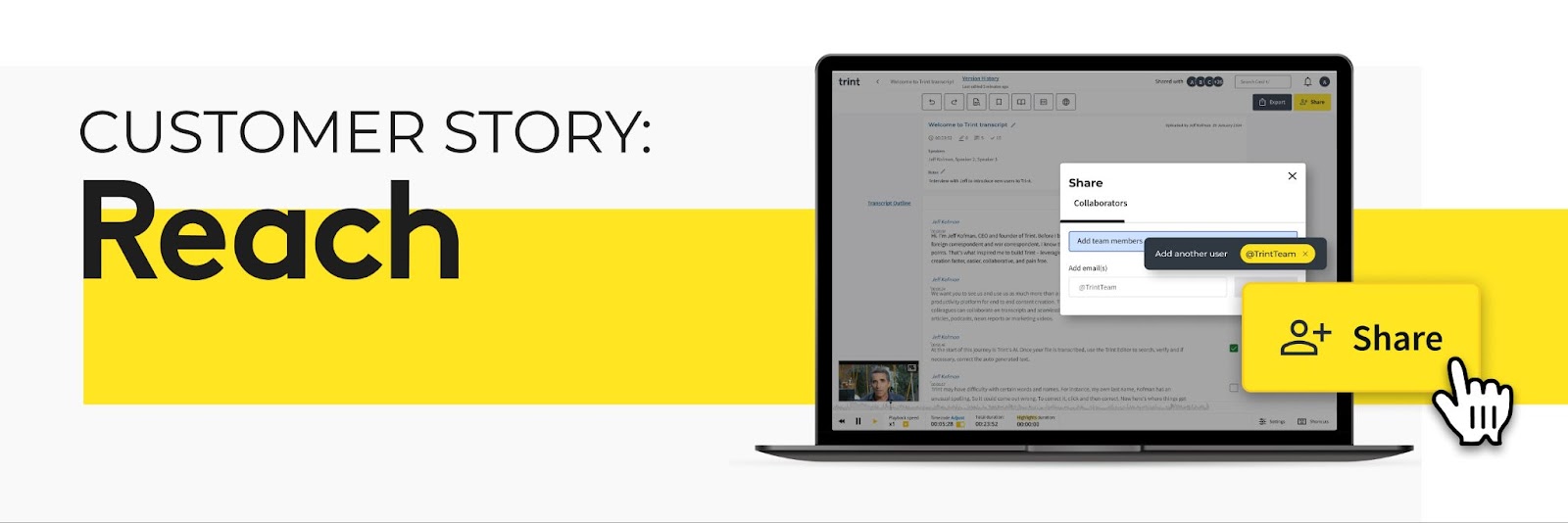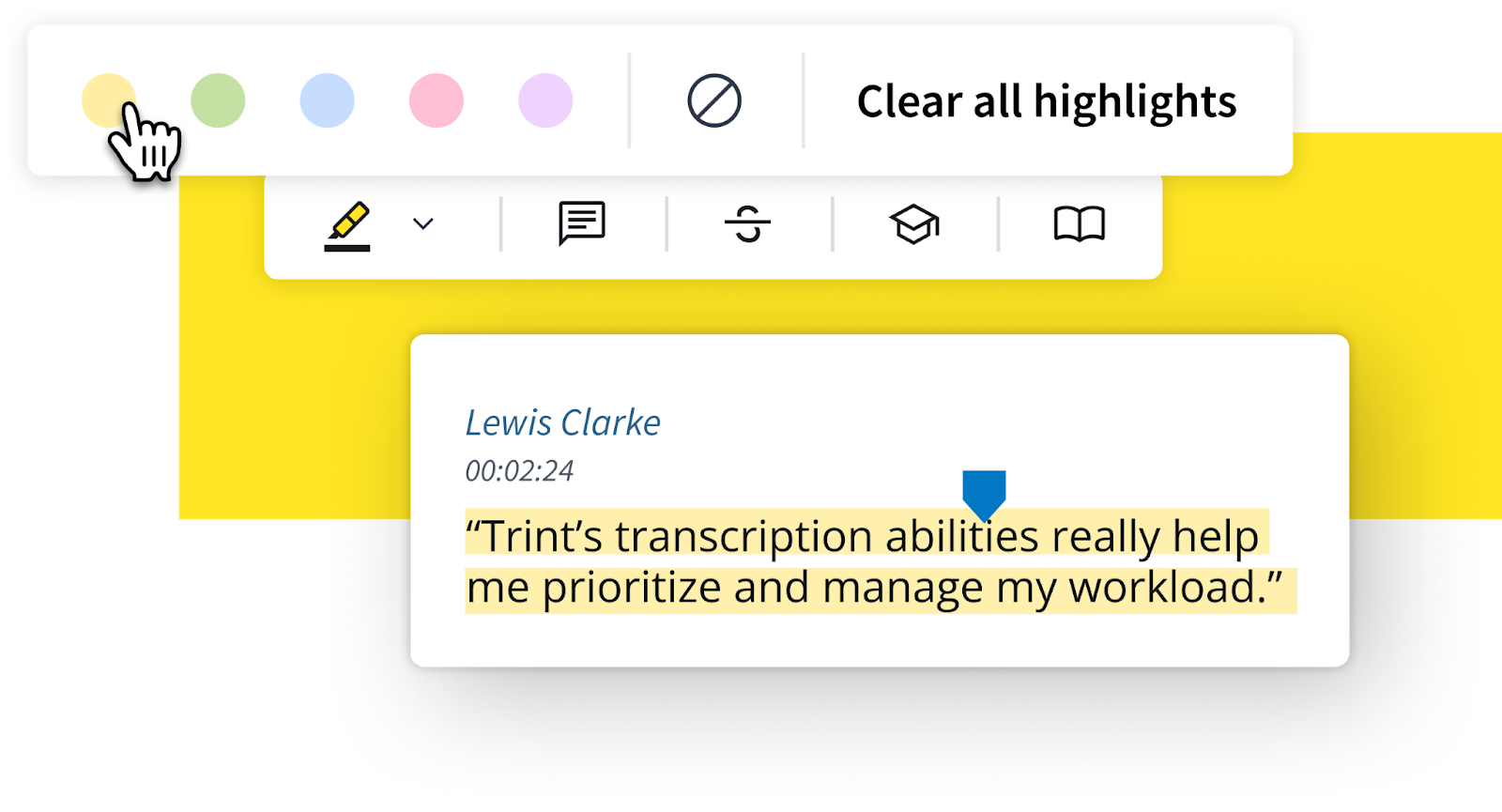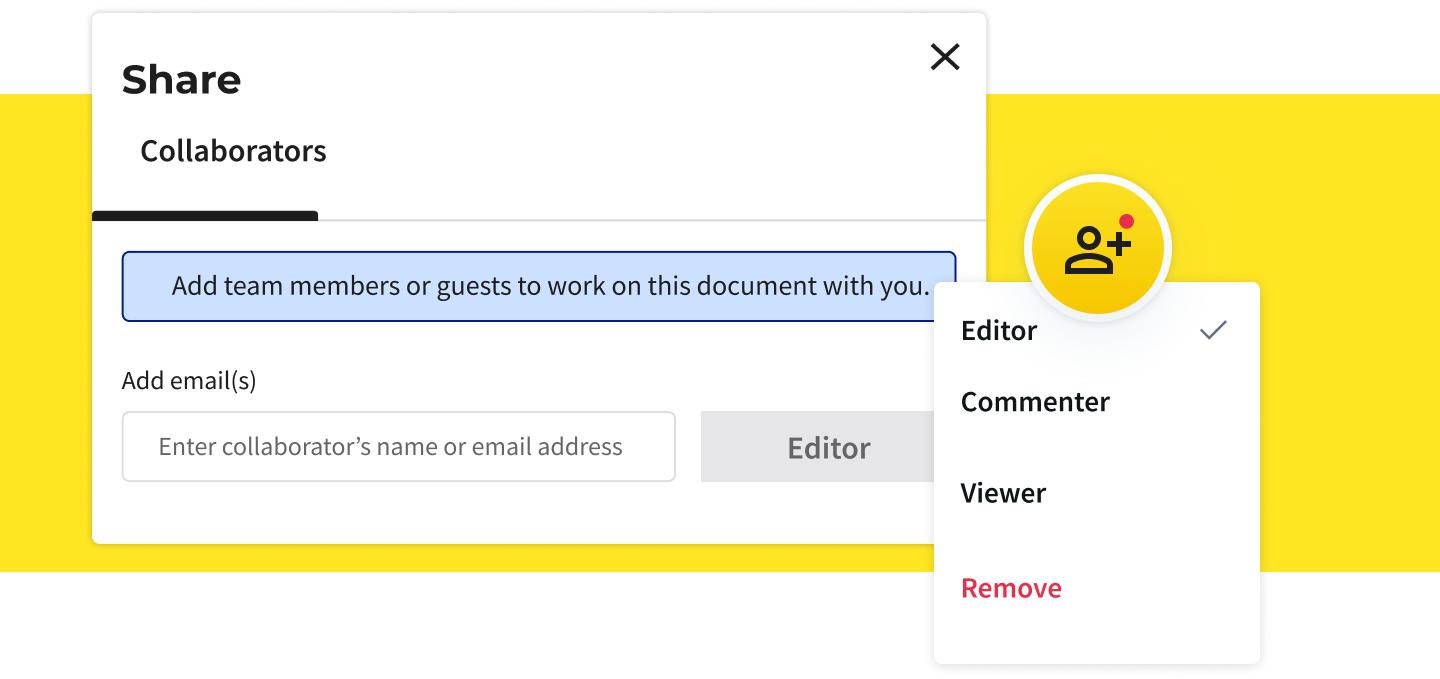
“Trint’s transcription abilities really help me prioritize and manage my workload.”
Lewis Clarke, a regional journalist at Reach, the UK’s and Ireland’s largest commercial news publisher, is explaining how AI transcription helps streamline his interview process. “There’s always more news than one can write up in a day, and Trint allows me to focus on accuracy without getting bogged down in the time-consuming task of typing everything myself.”
Covering news in today’s fast-paced digital landscape, regional journalists like Lewis face an evolving array of challenges. From covering large geographical patches to thriving within the fast-paced digital news landscape, he relies on Trint to streamline his workflow, simplify collaboration and enhance accuracy as he tackles the demands of modern reporting.
Lewis’s work often takes him across the varied communities of Devon, Somerset, Gloucester and beyond, covering council meetings, interviewing local business owners and reporting on regional news events. Reach’s newsroom, with dedicated print and digital teams, has adapted to a digital-first approach – something that Trint supports by allowing reporters to capture, process and publish information quickly.
“Before Trint, I was using other software and sometimes even typing transcriptions myself, which could take hours,” he recalls.
“Now, I can just upload audio from a meeting or an interview and get a clear transcription in minutes. Trint has become an essential tool, especially for covering high-volume events where accuracy and speed are crucial.”
For Lewis, who primarily works independently, Trint offers a seamless way to organize, search and edit transcripts, enabling him to turn them into polished articles with minimal effort. Features like tagging speakers and timestamping help him navigate long transcripts, which is especially valuable during council meetings. “The platform lets me add names and timestamps. Then I can download a formatted transcript that’s ready to turn into an article,” he notes.
In addition to transcription, he finds Trint useful for conducting Q&A-style pieces. “If I’m at a farm doing a profile on a new local business, for instance, Trint captures the interview’s essence and helps me to adapt it swiftly into readable content. It keeps my hands free to focus on the story itself,” he says.

Since adapting to a remote-working setup in recent years, Trint’s collaboration features have helped Lewis manage his transcription tasks from home and share files with the office seamlessly.
“Working from home has its challenges, but Trint’s desktop app helps make transcription seamless. I don’t have to switch between multiple apps or worry about losing data.”
Lewis’s use of Trint illustrates a broader shift within journalism toward embracing AI and automation to reduce manual work without sacrificing the essential human element. “I’ve found that Trint helps me stay organized and saves time,” he says, acknowledging that AI tools have enabled him to focus more on the story itself and less on the mechanics of reporting.
As leading publishers like Reach continue to innovate, Clarke sees the future potential for AI tools in the newsroom. “Trint can be a great support tool, like having an extra colleague to handle the transcription. There’s still the essential human touch required to bring everything together into a coherent, meaningful story. Trint gives us more time to do just that,” he explains.

Reflecting on his career, he views tools like Trint as part of a necessary adaptation to a digitized media environment. “When I started, everything was print-first, and online was secondary. Now, local news has to be immediate and widely accessible, which tools like Trint help facilitate,” he notes.
For Lewis and other journalists at Reach, balancing the immediacy of online content with the trusted quality of traditional reporting remains paramount. “People still want trusted sources, especially when social media can be chaotic,” he says. With Trint in his toolkit, he feels better equipped to maintain this balance, ensuring his stories reach readers with both speed and accuracy in an ever-evolving media landscape.